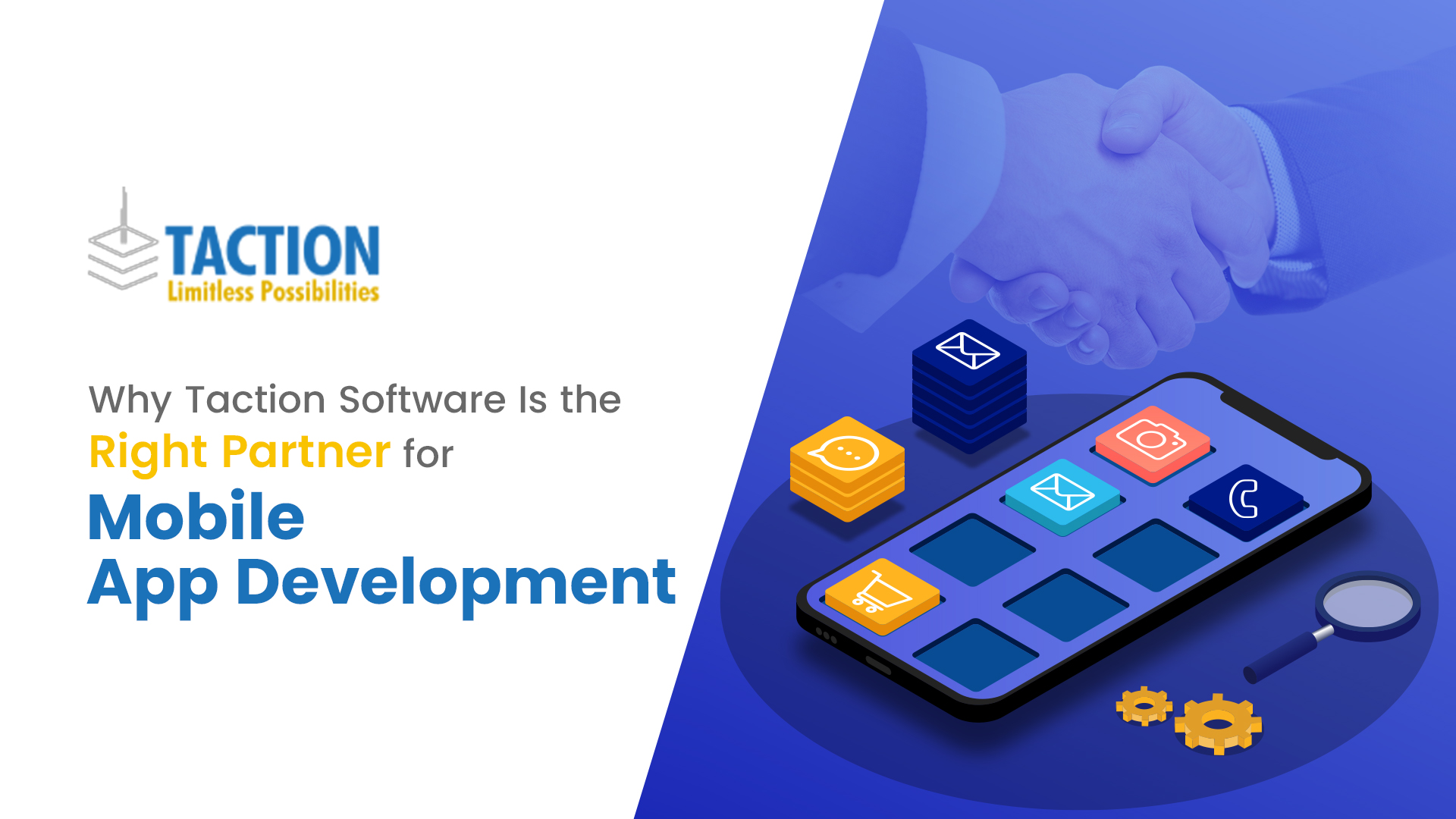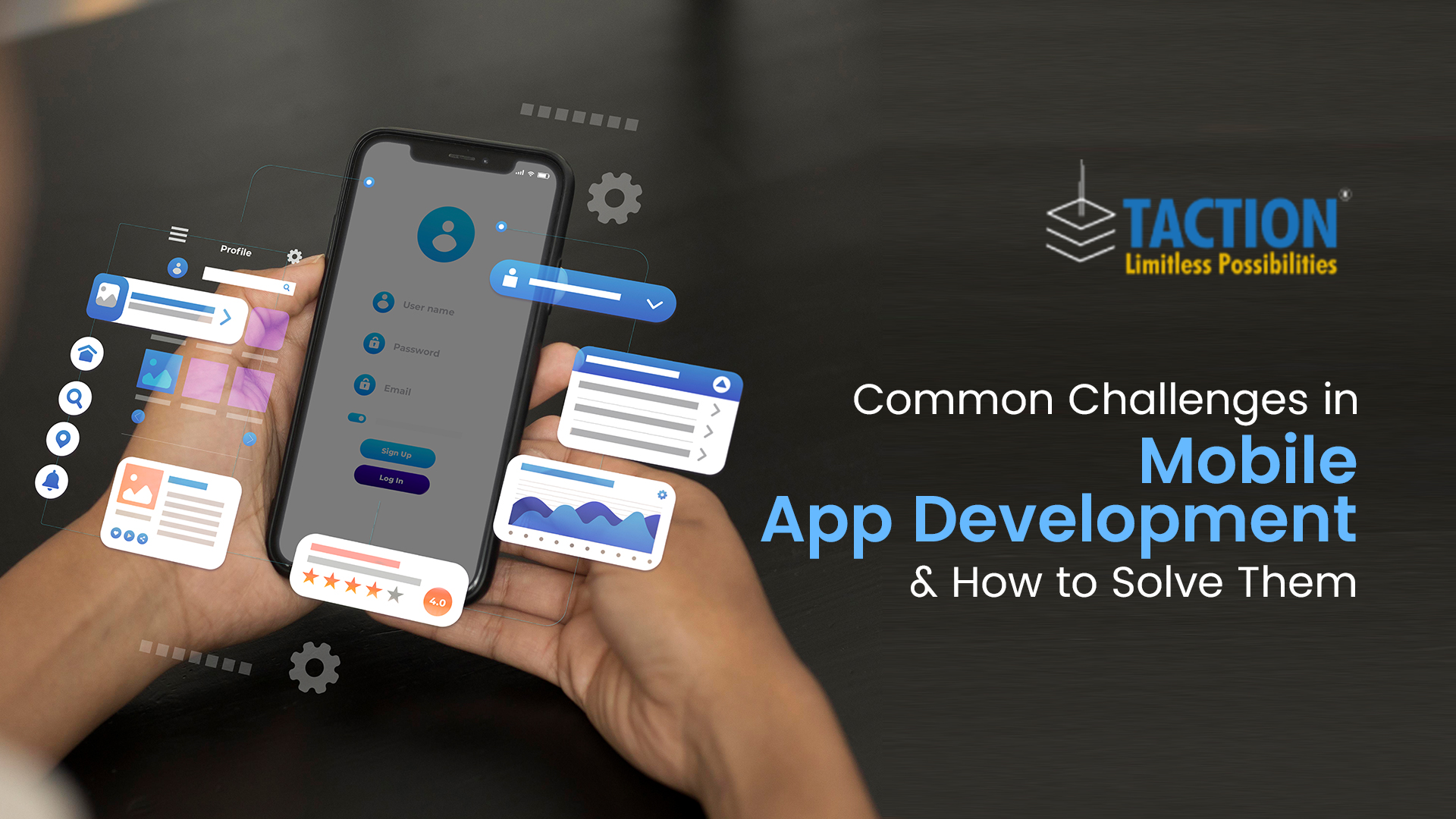
CRM Software Marketing – Strategy | Benefits | Process
What Is a CRM for Marketing?
Modern marketing relies on Customer Relationship Management (CRM) software to manage customer interactions and relationships. If you also have a question about What Is a CRM for Marketing? Then, it centralizes customer data, streamlines communication, and empowers marketing teams with valuable insights for more effective campaigns.
Why Use a CRM System for Marketing?
Using a CRM system for marketing offers numerous advantages:
- Data Centralization: It consolidates customer information into a single database, providing a 360-degree view of each customer. This enables marketers to create highly targeted and personalized campaigns.
- Improved Communication: CRM systems facilitate seamless communication between marketing teams and customers. This ensures everyone is on the same page, leading to more consistent messaging and better customer engagement.
- Analytics and Insights: CRM software offers robust analytics tools to track customer behavior and campaign performance and identify trends. These
insights are instrumental in making data-driven decisions and refining marketing strategies. - Automation: CRM systems automate routine tasks, such as email marketing, lead nurturing, and follow-ups. This frees up marketers time to focus on strategic activities and creativity.
- Lead Management: CRMs help manage leads through the sales funnel, ensuring every potential customer is caught up. This increases conversion rates
and revenue.
Different Types of Marketing CRM Systems
There are various types of CRM systems tailored to marketing needs:
- Sales and Marketing CRMs: Focus on aligning sales and marketing efforts, enabling better lead management and conversion tracking.
- Email Marketing CRM: Designed for email campaigns, they offer features like email templates, A/B testing, and analytics.
- Social Media CRMs: These integrate with social platforms, helping marketers monitor brand mentions, engage with followers, and analyze social data.
- E-commerce CRMs: Specifically for online businesses, they track customer purchase history and provide insights to drive repeat sales.
Best CRM Marketing Software Features
The best CRM marketing software should include:
- Contact Management: Efficiently store and manage customer data.
- Email Marketing: Send personalized emails, track open rates, and automate follow-ups.
- Analytics: Provide in-depth insights into customer behavior and campaign performance.
- Automation: Automate repetitive tasks and workflows.
- Lead Scoring: Identify and prioritize high-value leads.
How to Choose the Right CRM for Your Small Business?
To choose the right CRM for your small business, consider factors like your budget, the size of your customer base, and the specific features you need. Look for user-friendly interfaces and scalability to accommodate growth.
How Do Small Business Marketers Use Taction Software for CRM?
Small businesses use Taction Software for easy customer interactions. Its user-friendly interface and robust features help manage leads, track data, and personalize marketing efforts. Taction empowers targeted campaigns, nurtures client relationships, and drives growth, making it an essential marketing tool.
Can I Grow My Business with a CRM?
Implementing a CRM system can improve your business by organizing customer info, automating tasks, and enhancing customer loyalty. It’s a smart investment that can lead to growth and better decision-making.
What Does a CRM System Do?
A CRM system centralizes customer data, streamlines communication, automates tasks, provides insights, and helps manage leads and campaigns, ultimately
contributing to better customer relationships and business success.







